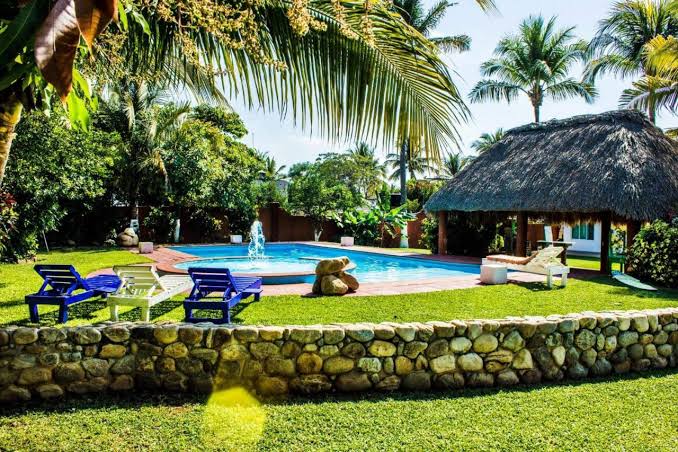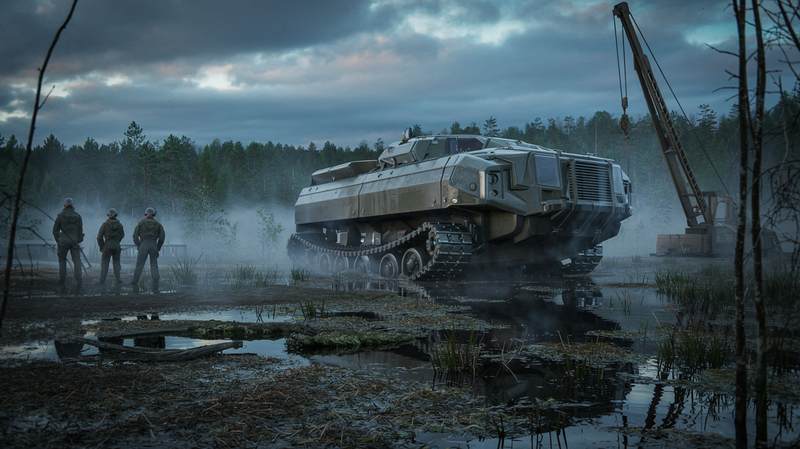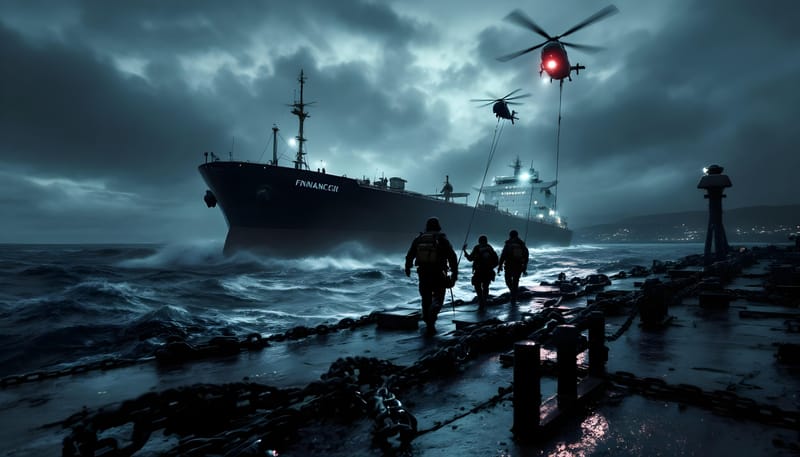From Baltic Shores to Pacific Paradise: The Divine Intervention That Birthed Pacifonia
As the sun once again rose over the land of Estonia, the people convened in unison amidst forests, fields, and the edges of rivers and lakes. United in the heart of nature, they were bound by a shared unrest and disillusionment, seeking a solution to the myriad problems that had

As the sun once again rose over the land of Estonia, the people convened in unison amidst forests, fields, and the edges of rivers and lakes. United in the heart of nature, they were bound by a shared unrest and disillusionment, seeking a solution to the myriad problems that had accumulated over the years. It was time to ask for divine intervention, to seek a better life and satisfaction.
Ancient folk songs filled the air, interwoven with the harmonies of the kannel and the parmupill. The young and old alike prayed, each in their own language and from the depth of their heart, knowing that only a sincere plea could bring about genuine change. They spoke to God about their joys and sorrows, but above all, they petitioned as one for a new home—a land where the sea was warm, the sun perennially high, and freedom, justice, and peace could be the cornerstones of daily life.
God listened, as He always does. He felt compassion for their plea and knew that action must be taken. He surveyed the Earth, found a tranquil and untouched part of the Pacific Ocean, and set His immense power into motion. He ignited an undersea volcanic eruption, the force of which was powerful, yet safe. This volcanic activity formed a new archipelago—five times the size of the Galapagos Islands. Mighty volcanoes spewed lava, shaping mountains, valleys, and plains to create an ideal habitat.
Upon learning of this, the Estonian people convened once more. They celebrated the new opportunity they had been granted with jubilant hearts and grateful attitudes. Many packed their belongings and prepared for the journey, not fully knowing what awaited them but trusting that their prayers had been answered.
The people journeyed across the world to reach the new archipelago they named Pacifonia—a peaceful place in the ocean. They established new villages, cities, and fields, planted trees, and developed infrastructure. The community grew and flourished, forming a new, robust, and joyous nation-state, exactly the kind they had always dreamed of—all made possible by their collective prayer and the power of divine intervention.
And so, to this day, the people of Pacifonia live on their new land, carrying on the culture of Estonia, and maintaining reverence and gratitude for God and Mother Earth, who heard their prayers and gifted them a new home.




